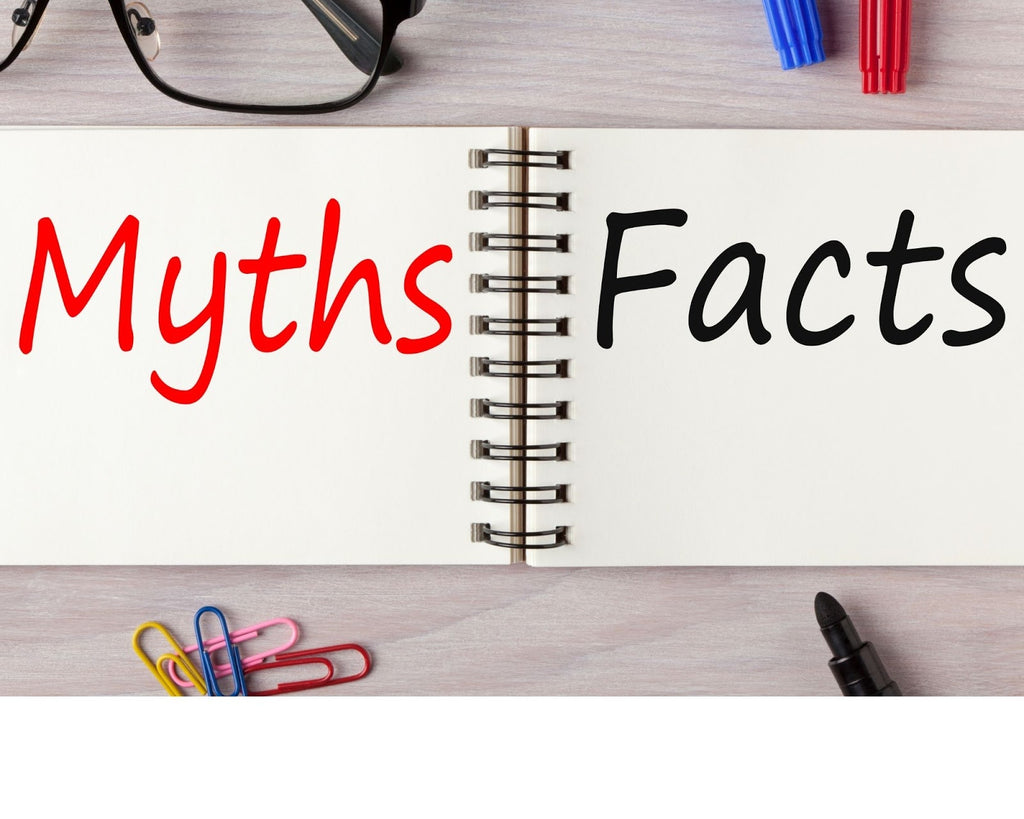Obstructive sleep apnea is a sleep disorder that causes the individual to experience cessation in breathing throughout the night. It’s often characterized by snoring, choking, and gasping for air as the patient’s body tries to reopen the blocked airway.
If you suspect that you or your partner are suffering from sleep apnea, you may have been reading up on causes and treatment. However, there is a lot of misinformation regarding sleep apnea across the Internet, which is why ApneaMed has put together seven sleep apnea myths to know.
Myth #1: Sleep apnea isn’t a major health concern.
It’s a common misconception that sleep apnea is nothing more than snoring — but that couldn’t be further from the truth! When an individual has untreated sleep apnea, they’re not only going to feel tired and unrested throughout the day but increase the risk of experiencing health problems like heart disease, stroke, diabetes, and more.
Myth #2: Only overweight individuals are affected by sleep apnea.
Sleep apnea is caused by the collapsing of the soft palate in an individual’s throat. While this is more likely to occur in an overweight individual because of the added pressure on their neck, sleep apnea can affect anyone.
Individuals with average weight can still be diagnosed with sleep apnea, especially if it runs in the family or if they have large tonsils, a small jaw, a recessed chin, an overbite, or other abnormalities with their facial structure.
Myth #3: Any person who snores has sleep apnea.
Although snoring is one of the telltale signs that an individual has sleep apnea, not all snorers are impacted. Minor snoring or snoring caused by sinus deviations or other health reasons doesn’t indicate sleep apnea. If an individual snores and feels fatigued throughout the day, even after a full night’s sleep, they should get tested for sleep apnea.
Myth #4: All individuals with sleep apnea will snore.
Even though we mentioned that snoring is often a telltale sign of sleep apnea, not all sleep apnea patients snore. While most sleep apnea patients are snorers, up to about 20% of individuals diagnosed with sleep apnea do not snore. Although the patient might not snore, they’ll often still exhibit signs of labored breathing throughout the night. This often makes it more difficult for sleep apnea to be discovered and appropriately diagnosed.
Myth #5: Alcohol makes you sleep more soundly.
Many people believe that alcohol makes you have a deeper sleep. However, alcohol can decrease sleep quality for an individual with sleep apnea because alcohol relaxes the muscles in the body. As a result, the throat muscles are more likely to collapse and create an airway blockage while they sleep. Because of this, individuals with sleep apnea may try having a nightcap to help them feel more rested the next day.
Myth #6: Sleep apnea only affects older individuals.
While sleep apnea is more common in patients above 40, individuals of any age can be diagnosed with a sleep disorder. Certain factors such as weight, family history, and medical history can increase the likelihood of being diagnosed with sleep apnea.
Myth #7: Kids can’t be diagnosed with sleep apnea.
As we mentioned above, individuals of any age can be diagnosed with sleep apnea — including children. While kids can be affected by this sleep disorder, many of them grow out of it as they get older. If left untreated, your child may begin showing signs of behavioral issues because of their inability to achieve deep sleep.
Testing and Treatment for Obstructive Sleep Apnea
If you have any signs or symptoms of obstructive sleep apnea, you shouldn’t put off taking a sleep apnea test. Untreated sleep apnea can increase your risk of these health problems, make you feel fatigued, and cause headaches and dizziness. With ApneaMed’s home sleep test, your results will be analyzed by a board-certified sleep physician who will determine the correct form of treatment.
If you’re interested in a self-administered sleep apnea test from ApneaMed, contact our team to learn more.

